scent guide
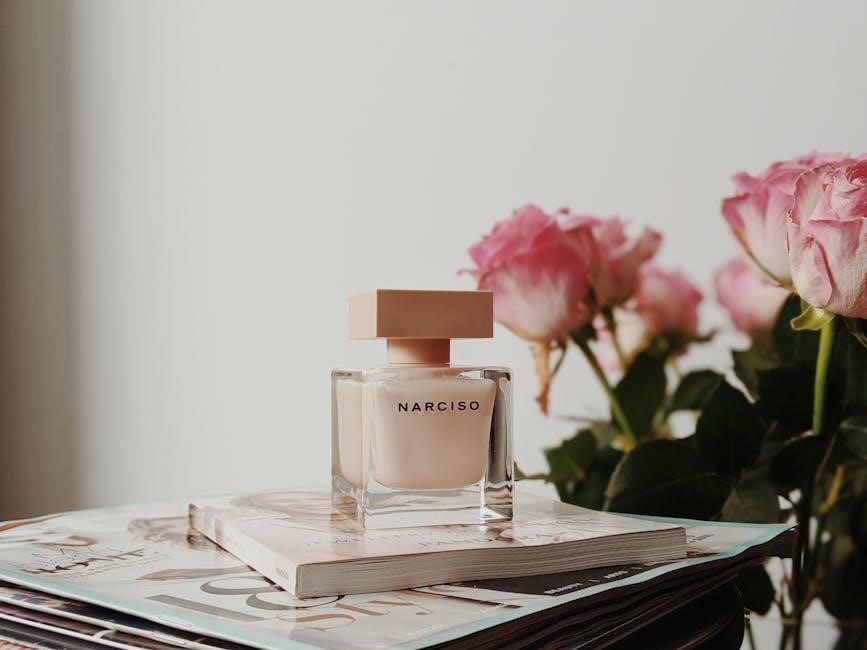
Discover the world of fragrances with our comprehensive guide, exploring the psychology, history, and artistry behind scents. Learn how to choose, create, and understand perfumes for every occasion;
Understanding the Importance of Fragrance
Fragrance plays a profound role in our lives, evoking emotions, memories, and moods. It serves as a personal expression, shaping first impressions and enhancing confidence. Scents can transport us to moments in time, connecting us to experiences and people. Whether for everyday wear or special occasions, fragrance is a powerful tool that influences how we feel about ourselves and how others perceive us. Its impact extends beyond aesthetics, touching psychology, culture, and even attraction, making it a vital part of our identity.
Overview of the Scent Guide
This guide offers a detailed exploration of the world of fragrances, covering history, psychology, and practical tips. It helps you understand how scents influence emotions, memories, and attraction, while providing insights into selecting and creating your own perfumes. Whether you’re a novice or a connoisseur, this comprehensive resource will empower you to navigate the complex realm of fragrances with confidence, ensuring you find the perfect scent for every occasion and personal preference.
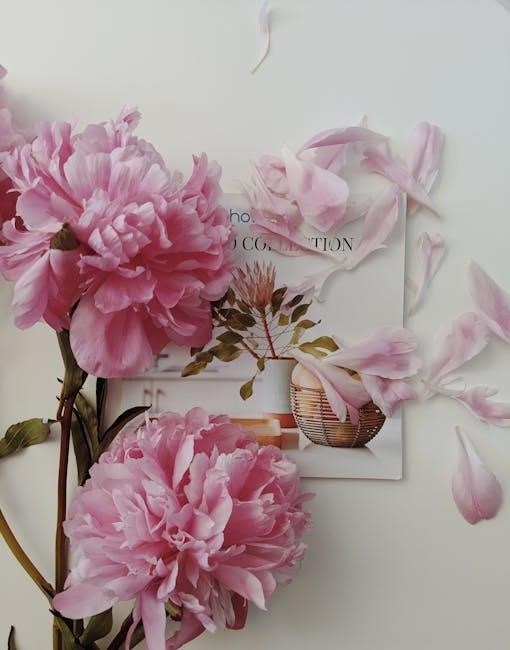
Types of Fragrances
Explore the diverse world of fragrances, from perfumes to colognes, and discover how different scents cater to unique preferences and occasions. Find your perfect match with our guide.
Perfume, Cologne, and Eau de Toilette
Perfume, cologne, and eau de toilette vary in concentration and longevity. Perfume, with 15-30% essential oils, lasts 6-8 hours, ideal for special occasions. Cologne, at 3-5%, is lighter, lasting 2-4 hours, perfect for everyday use. Eau de Toilette, with 5-15%, offers moderate longevity. Choose based on skin type and occasion. Apply cologne to pulse points for a fresh scent, while perfume is best for evening wear. Layering fragrances enhances personalization and longevity.
Difference Between Scents: Floral, Woody, Citrus, and Oriental
Floral scents, like rose and lavender, evoke elegance and softness. Woody fragrances, featuring cedar and sandalwood, provide warmth and depth. Citrus scents, such as lemon and grapefruit, are fresh and invigorating. Oriental scents, with notes of amber and vanilla, are rich and exotic. Each category appeals to different preferences, offering unique emotional and sensory experiences. Understanding these differences helps in selecting fragrances that match personal tastes and occasions, enhancing individual style and mood;
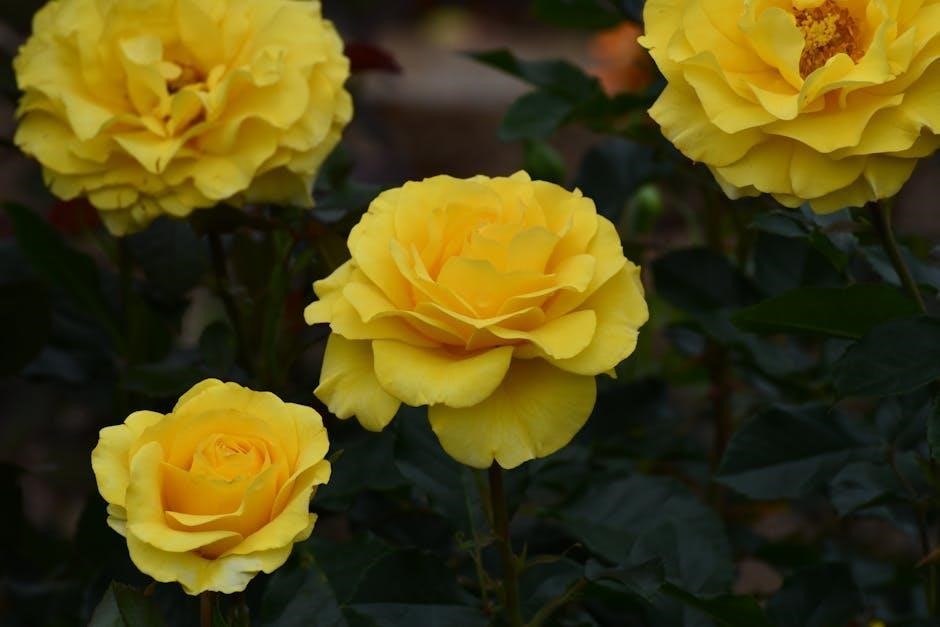
The Psychology of Smell
Smell is deeply linked to memory and emotion, with scents often evoking vivid experiences. Fragrances can influence mood, confidence, and even attraction, making them a powerful sensory tool.
How Scents Evoke Memories and Emotions
Scents are deeply tied to memory and emotion, often triggering vivid recollections. Specific smells can instantly evoke feelings of joy, nostalgia, or calm, as the brain links fragrances to past experiences. This connection explains why certain aromas can transport us back to moments in time, evoking powerful emotional responses. Personal experiences and cultural backgrounds shape these reactions, making scent a uniquely individual and potent emotional trigger.
The Role of Pheromones in Attraction
Pheromones are subtle chemical signals that play a significant role in attraction by influencing subconscious connections. They naturally enhance personal scent, creating a unique appeal that draws others in. While they are not the sole determinant of attraction, pheromones can heighten allure when balanced with complementary fragrances. Products like Riddle Original and Sphinx blend seamlessly with one’s natural pheromones, making them less noticeable to the wearer while still emitting a captivating scent to others.
Choosing Your Signature Scent
Finding your signature scent is a personal journey. Experiment with fragrances, consider skin type, season, and occasion, and remember scent evolves, reflecting your unique chemistry and style.
Factors to Consider: Skin Type, Season, and Occasion
When selecting a fragrance, consider your skin type, as oily skin retains scents longer than dry skin. Seasonal variations matter too—lighter, fresher fragrances suit summer, while richer, warmer scents are ideal for winter. Occasions also play a role; subtle fragrances are perfect for everyday use, while bold, complex scents are better suited for special events. Balancing these factors ensures your fragrance complements your lifestyle and preferences seamlessly.
How to Test and Select the Right Fragrance
Testing fragrances involves applying them to your skin and waiting 10-15 minutes to experience the full scent evolution. Consider how the fragrance interacts with your body chemistry and linger throughout the day. Assess its longevity and sillage (how much it radiates). Test at different times to see how it performs in various conditions. This process helps ensure the fragrance aligns with your preferences and lifestyle, making your selection more personalized and satisfying.

DIY Perfume Making
Explore the art of crafting custom fragrances using essential oils and fragrance notes. This creative process allows for personalized scents tailored to individual preferences and occasions.
Essential Oils and Fragrance Notes
Essential oils are the heart of perfumery, offering distinct natural aromas. Fragrance notes—top, middle, and base—blend to create complex scents. Top notes provide the initial impression, while middle notes add depth, and base notes linger. Combining these elements allows for unique, personalized fragrances. Popular essential oils include lavender, bergamot, and sandalwood, each offering unique characteristics. Understanding their properties enables the creation of custom scents tailored to individual preferences and occasions, making DIY perfume making an art form of personal expression and creativity.
A Step-by-Step Guide to Creating Custom Scents
Start by selecting essential oils that align with your desired fragrance notes. Mix a few drops of each oil in a small glass vial to test the blend. Use a dropper to combine top, middle, and base notes, ensuring harmony. Transfer the mixture to a dark glass bottle for preservation. Add a neutral carrier oil if desired for longevity. Test the scent on your skin, as fragrances evolve differently on individuals. Adjust the blend until satisfied, then seal and enjoy your unique creation.
The History of Perfume
Perfume’s origins trace back to ancient Egypt, with fragrances crafted from herbs and resins. The art evolved through the Middle Ages, refined in Europe, and now features global ingredients, blending tradition with modern innovation.
Ancient Civilizations and Their Use of Fragrances
Ancient Civilizations and Their Use of Fragrances
Ancient Egypt, China, and India pioneered fragrance use, employing resins, herbs, and spices for religious rituals, healing, and personal adornment. Egyptians used myrrh and galena for perfumes and ceremonial purposes, while Chinese utilized incense for spiritual practices. In India, the Vedas describe fragrance blends for rituals. These early civilizations laid the groundwork for modern perfumery, blending natural ingredients to evoke emotions, honor deities, and enhance well-being.
Evolution of PerfumeThrough the Ages
Evolution of Perfume Through the Ages
Perfume evolved significantly over centuries, shaped by cultural and scientific advancements. The Middle Ages saw aromatic waters and spices, while the Renaissance introduced refined blends. The 18th century popularized Eau de Cologne, and the 19th century brought synthetic fragrances. The 20th century revolutionized perfumery with iconic designer fragrances. Today, sustainability and niche perfumes dominate, offering diverse scents for personal expression. This journey reflects humanity’s enduring connection to fragrance, blending tradition with innovation.
Fragrance and Health
Fragrance and health are deeply connected. Allergies and sensitivities are common, while certain scents can enhance well-being. Understanding the impact of smells on health is crucial.
Allergies and Sensitivities to Perfumes
Perfume allergies and sensitivities are common, causing skin irritation, respiratory issues, or headaches. Fragrance ingredients can trigger reactions, especially in sensitive individuals. Strong scents may exacerbate allergies, while natural alternatives like essential oils can be gentler. Understanding fragrance components and testing products on skin before use is crucial. Opting for hypoallergenic or fragrance-free options can help minimize adverse reactions and ensure comfort for those with sensitivities.
The Impact of Fragrances on Well-Being
Fragrances can significantly influence emotional and physical well-being. Certain scents, like lavender, promote relaxation, while citrus aromas can uplift mood and reduce stress. However, strong perfumes may trigger allergies or discomfort in sensitive individuals. The connection between smell and health highlights the importance of mindful fragrance use to enhance overall well-being and create a balanced sensory environment.
Scent in the Workplace
Scent in the workplace can enhance or disrupt productivity. Fragrances may evoke positive emotions but can also cause allergies or distractions, emphasizing the need for mindful usage.
Etiquette and Considerations
Etiquette and Considerations
When wearing fragrances at work, consider colleagues’ sensitivities and allergies. Opt for subtle scents and avoid overpowering perfumes. Test fragrances lightly to ensure they don’t overwhelm shared spaces. Be mindful of cultural or personal preferences, as scents can evoke strong reactions. Refrain from wearing strong colognes or perfumes in close-quarters environments. Respect others by asking if they mind your fragrance. This thoughtful approach fosters a harmonious and considerate workplace atmosphere, promoting productivity and well-being for everyone.
How Fragrances Can Affect Productivity
Fragrances can significantly impact workplace productivity by influencing mood, focus, and comfort. Pleasant scents may boost energy and creativity, while strong or overwhelming fragrances can cause distractions or discomfort. Some individuals may experience allergies or sensitivities, leading to reduced productivity. Additionally, certain scents can evoke emotional responses, potentially affecting collaboration and overall work environment. Being mindful of fragrance use ensures a more inclusive and productive workspace for everyone.
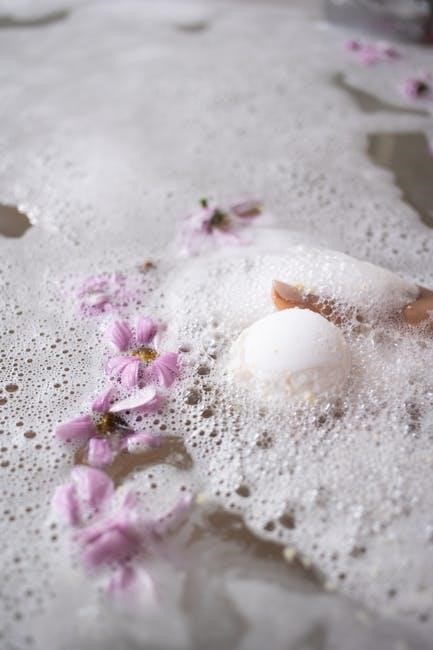
Decoding Perfume Preferences
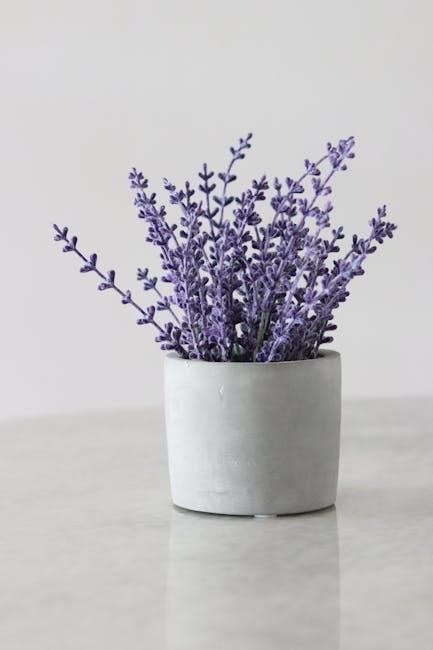
Decoding Perfume Preferences
Perfume preferences are deeply personal, shaped by individual experiences and emotions. Exploring fragrance notes and testing scents helps identify unique tastes, revealing a sensory language of self-expression.
How to Identify Personal Fragrance Tastes
How to Identify Personal Fragrance Tastes
To identify your fragrance preferences, start by testing scents on your skin, noting how they evolve. Pay attention to top, middle, and base notes. Keep a journal to track what resonates emotionally. Consider your lifestyle, season, and occasion. Blind tests can reveal unbiased favorites. Seek expert advice or use online tools to narrow down options. Exploring fragrance families and reviews can also guide your discovery, helping you uncover scents that align with your unique taste and personality.
The Role of Marketing in Shaping Preferences
Marketing plays a significant role in shaping fragrance preferences by creating emotional connections and brand loyalty. Through storytelling, celebrity endorsements, and visually appealing campaigns, brands influence consumer perceptions. Fragrance advertising often evokes lifestyles or emotions, making scents feel personal. Social media and influencer culture further amplify these trends, guiding buyers toward specific fragrances. This strategic branding shapes how people perceive and choose perfumes, often aligning with their aspirational identities or cultural norms.
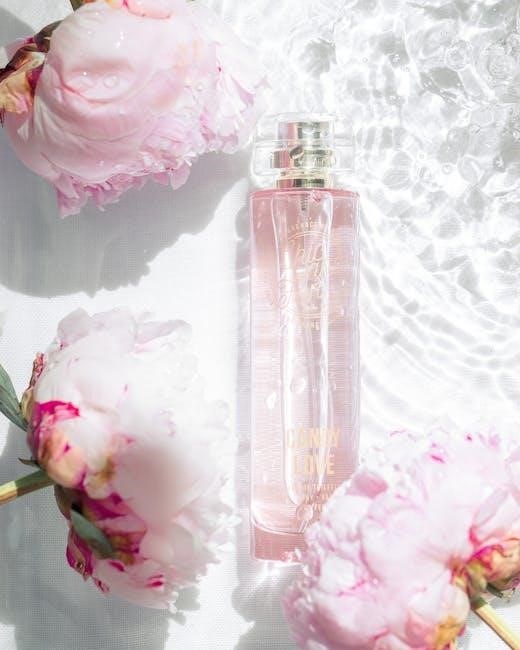
Scent and Spirituality
Scent and spirituality intertwine deeply, with fragrances like frankincense and myrrh used in rituals to connect with the divine. Scents enhance meditation, prayer, and spiritual experiences, creating a sacred atmosphere.
The Role of Smell in Religious and Cultural Practices
In many religious and cultural traditions, scents like frankincense, myrrh, and sandalwood are used to create sacred atmospheres, connecting believers to the divine. Incense in Buddhism and Christianity symbolizes purification and prayer. In Hindu ceremonies, fragrant oils and flowers honor deities, while in Islamic practices, bakhoor (aromatic woods) are burned to signify hospitality and spirituality. These scents transcend the physical, bridging the gap between the earthly and the sacred, fostering mindfulness and communal unity.
How Fragrances Can Enhance Spiritual Experiences
Fragrances can deepen spiritual practices by evoking emotional and meditative states; Scents like lavender promote calmness, while frankincense and myrrh enhance mindfulness. Certain aromas, such as sandalwood, are believed to connect individuals with higher consciousness. Incorporating these scents into rituals or meditation can create a sacred atmosphere, fostering introspection and inner peace. The right fragrance can amplify spiritual experiences, helping practitioners focus and transcend the physical world, aligning with their spiritual goals and fostering a deeper sense of connection and enlightenment.



Leave a Reply
You must be logged in to post a comment.